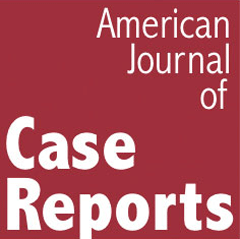 A group of researchers have retracted their 2016 case report about a rare dermatologic disorder in the wake of disputes about authorship and institutional approval.
A group of researchers have retracted their 2016 case report about a rare dermatologic disorder in the wake of disputes about authorship and institutional approval.
The paper describes a young boy with Job’s Syndrome, in which patients experience painful, itchy and frequently disfiguring skin lesions, along with a constellation of other possible symptoms. The condition is extremely rare, occurring in less than one in 1 million births.
This isn’t the first time a journal has retracted a case study after another group of authors claimed ownership of the case. Earlier this year, we covered a retraction from a neuro-ophthalmology journal after the doctors who treated a patient suffering from a gruesome eye trauma took issue with the fact that radiologists had already published their diagnostic images as a case study.
According to the notice for this latest retraction:
 Earlier this year, a raging controversy regarding a new drug spilled into the pages of a leading medical journal: the head of the U.S. Food and Drug Administration and another official publicly
Earlier this year, a raging controversy regarding a new drug spilled into the pages of a leading medical journal: the head of the U.S. Food and Drug Administration and another official publicly 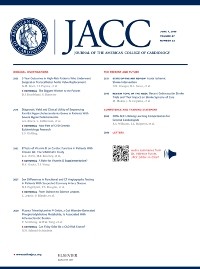 In June,
In June, 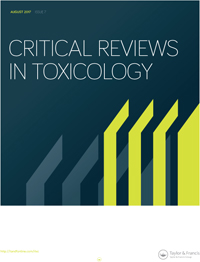 Peer reviewers, like authors, are supposed to
Peer reviewers, like authors, are supposed to  Last week,
Last week, 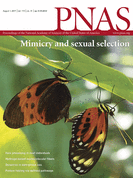 A once-prominent researcher in the field of infectious disease — who was found
A once-prominent researcher in the field of infectious disease — who was found 

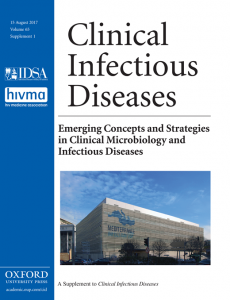 Post-publication peer review isn’t just for scientists. Newspaper reporters can help correct the scientific record, too.
Post-publication peer review isn’t just for scientists. Newspaper reporters can help correct the scientific record, too. 